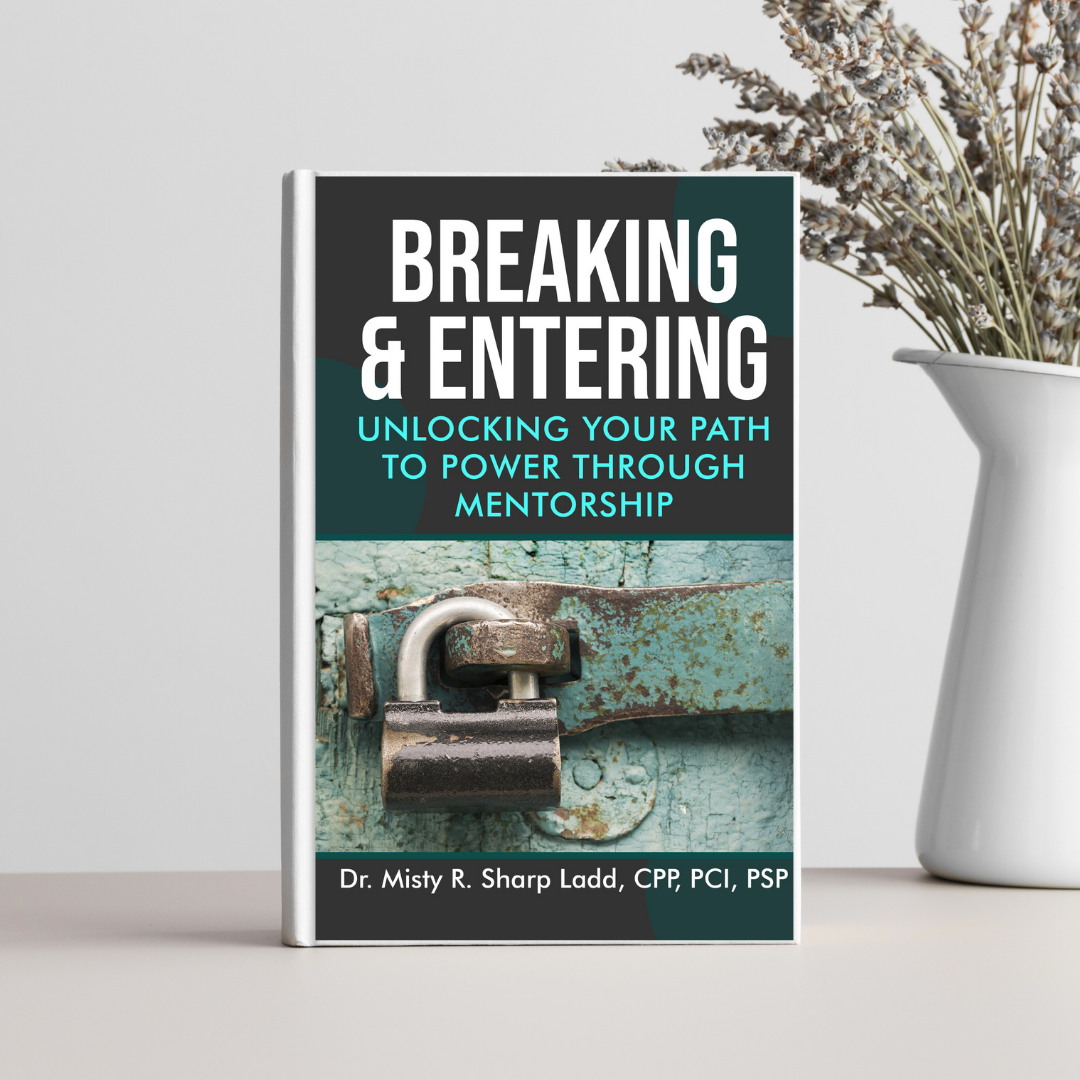This is the day for the big exam, you’ve studied, you are nervous but are also prepared. You have eaten a good breakfast; you have gotten a good night’s sleep and are prepared to CRUSH this! You are breezing through the questions when you think about that answer from two questions ago. Doubt creeps in, should change your answer? No, of course not, everyone says you should always stick with your gut! Is that a fact or fallacy? Fallacy! Recently, I read a great book by Adam Grant called “Think Again” which shook me to my core beliefs. In his book Adam introduced me to The First-Instinct Fallacy. This refers to the root error of when test takers stick with their initial answer choice, even when they have doubts or uncertainty. This fallacy stems from the belief that our initial instinct is more likely to be correct, leading us to resist changing our answers even when evidence or reasoning suggests otherwise. Research shows that we are resistant to change and even when informed about this fallacy, and given evidence supporting another choice, people will deny the facts and refuse to change their positions. What can you do to avoid this fallacy? Instead of assuming your initial answer is correct, take a moment to review the question and your chosen response. Ask yourself if there is any additional information or alternative reasoning that may influence your decision. Remember, effective test taking involves a combination of knowledge, critical thinking, and the willingness to reevaluate initial assumptions. If you are done with the “testing” phase of your life, then consider how this fallacy might creep into your career perhaps as a criminal investigator or employee hiring manager. As an investigator, by remaining vigilant and resisting the temptation to rely solely on your first instincts, you increase the likelihood of uncovering the truth and ensuring a fair and accurate investigation. Instead of going with your gut on your next hiring decision, it is crucial to adopt a more comprehensive and informed decision-making approach. Consider conducting follow-up interviews, assessing candidates based on their skills, experience, cultural fit, and references. Engage in a fair and objective evaluation process that goes beyond initial impressions to make a well-rounded hiring decision. The First-Instinct Fallacy is a captivating revelation that has the potential to transform the way we approach choices and opportunities. It's time to shatter the myth of infallible intuition and embrace a more nuanced understanding of decision-making. Share this blog post with your friends, colleagues, and loved ones, and together, let's ignite a wave of critical thinking and help others break free from the allure of being stuck in our biased thinking patterns. Thank you, Dr. Misty R. Sharp Ladd, CPP, PCI, PSP
My Podcast is LIVE! Check out "Fried Pies and Alibis" on Spotify

My Gut is Always Right...
16.06.2023
F4 Blog Post
